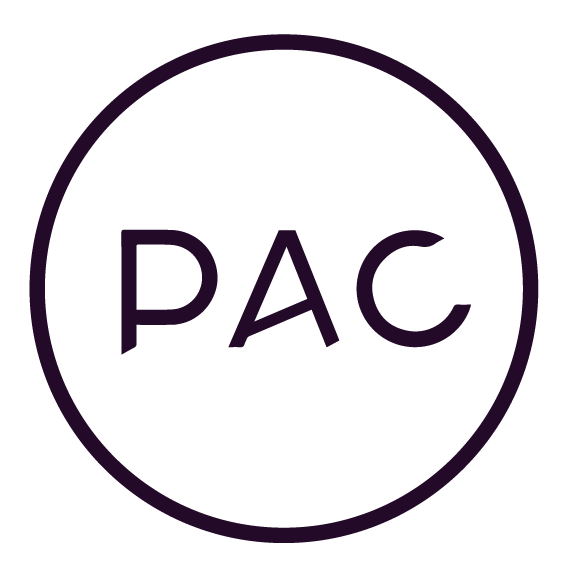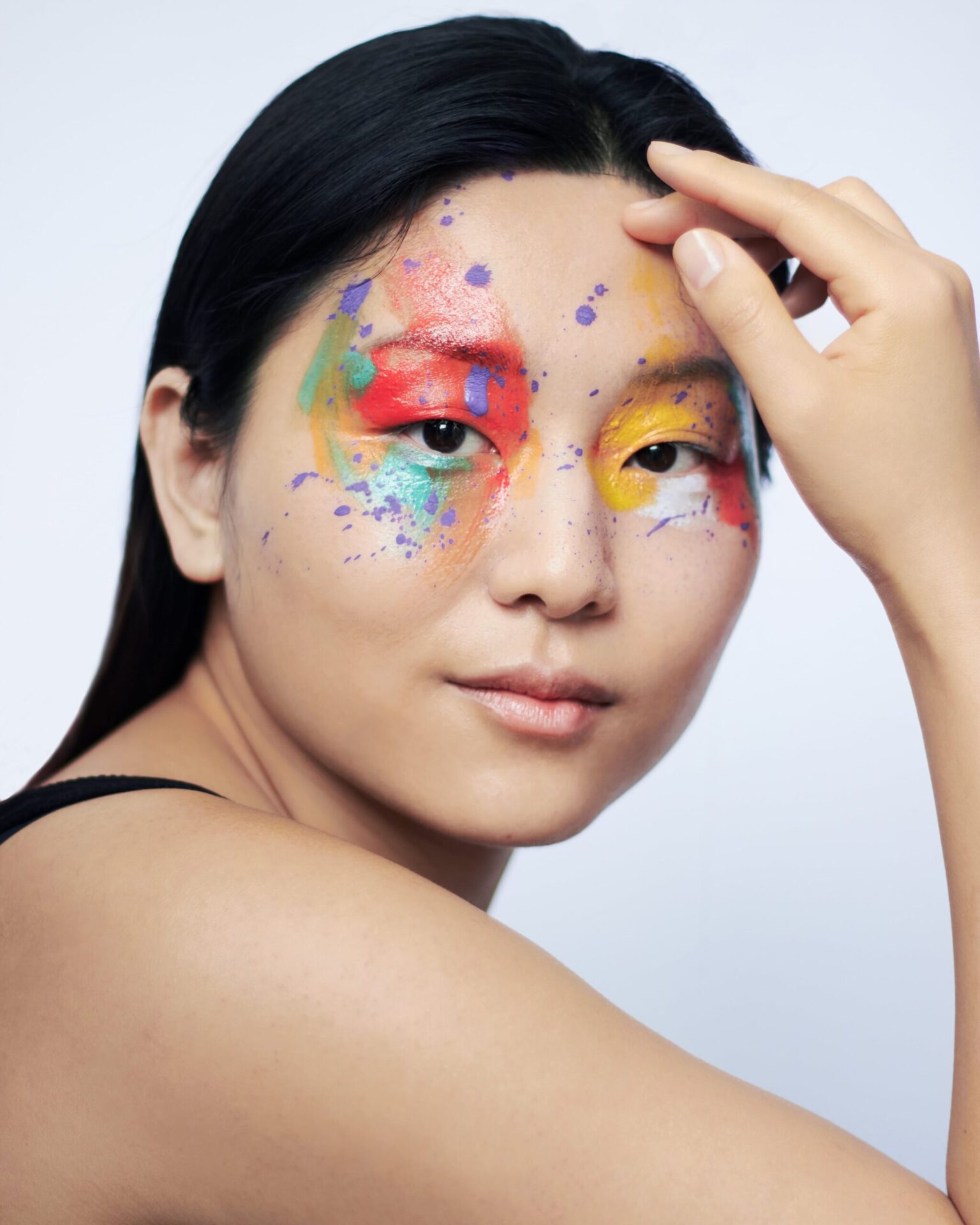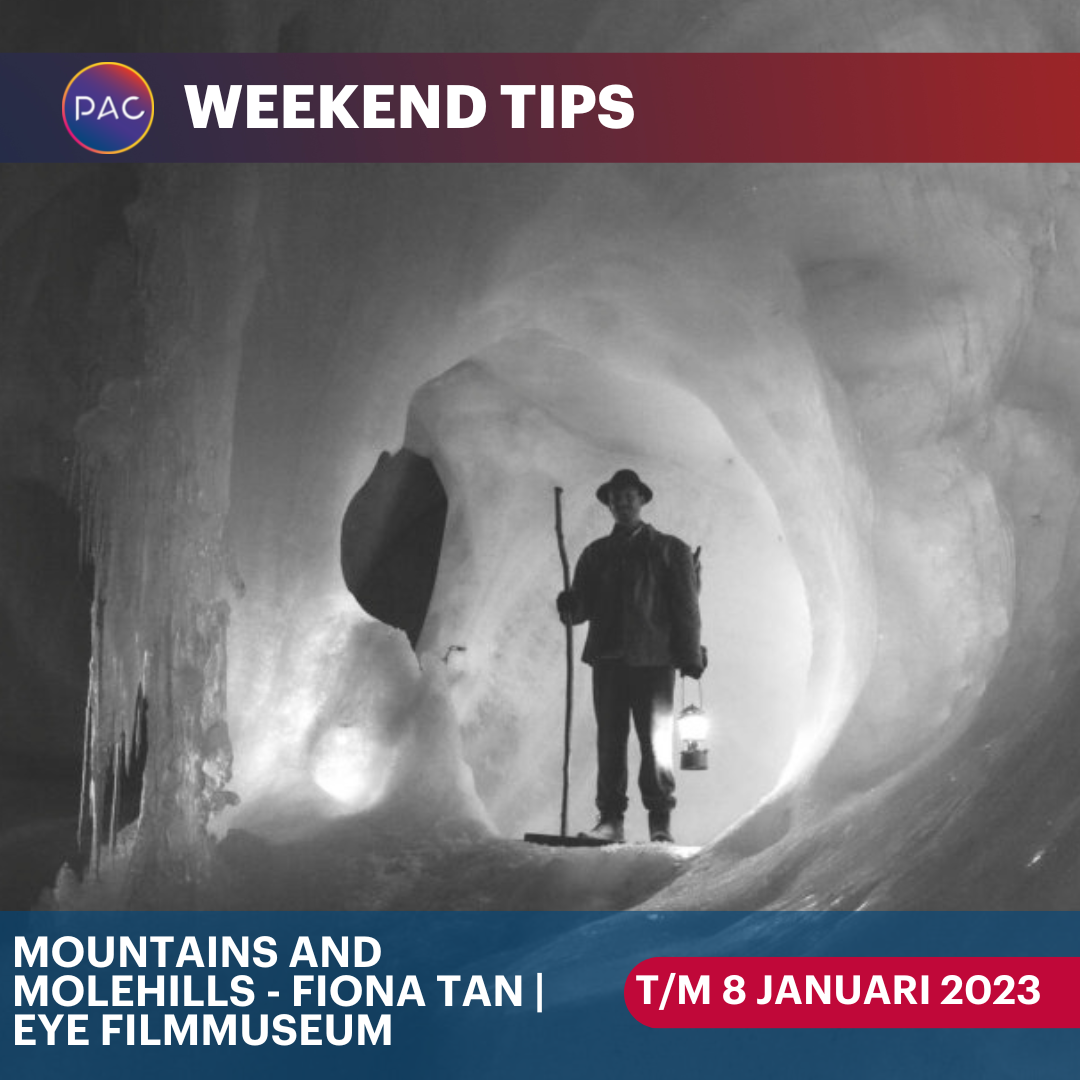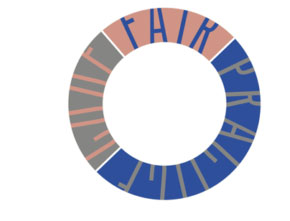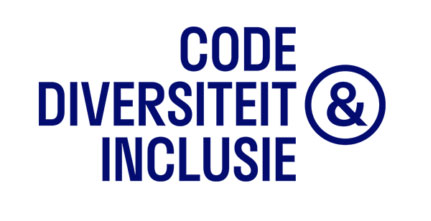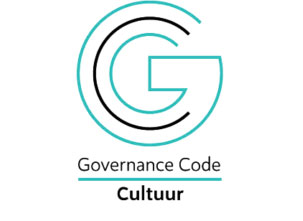Make-up artist Xiu Yun Yu verzorgde niet alleen de make-up van de deelnemers van Project Monolid, ze vroeg hen ook wat ze van hun ogen vinden en hoe zij tegenover bepaalde schoonheidsidealen staan. Hier vind je het verhaal van Alim Kim.
For English, please click here
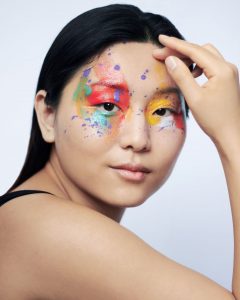 ‘Tot nu toe heb ik vrij veel opmerkingen over mijn ogen gehad, of het nu een soort compliment of micro-agressie is. Waar je ook woont, ik ben er zeker van dat mensen met monolid ogen minstens één keer in hun leven veroordeeld zijn vanwege hun ogen.
‘Tot nu toe heb ik vrij veel opmerkingen over mijn ogen gehad, of het nu een soort compliment of micro-agressie is. Waar je ook woont, ik ben er zeker van dat mensen met monolid ogen minstens één keer in hun leven veroordeeld zijn vanwege hun ogen.
Zuid-Korea heeft een sterke en groeiende vraag naar plastische chirurgie en medisch toerisme. Naast de binnenlandse populariteit, trekt de Koreaanse medische wereld mensen van over de hele wereld aan. Deze ongezonde schoonheidsrage is diep verweven met een economische, maatschappelijke en culturele context. De maatschappij zorgt ervoor dat je je kwetsbaar voelt over je natuurlijke schoonheid en jezelf constant vergelijkt met anderen.
Mijn hele familie, behalve ik, is geboren met dubbele oogleden, waardoor ik me als tiener onzeker voelde over het hebben van monolid ogen. Ik begon dubbele oogleden als beter te beschouwen toen ik nieuwsgierig werd over waarom de vorm van mijn ogen er anders uitziet dan die van mijn ouders en mijn broer. Destijds zag ik ook dat mijn leeftijdsgenoten zich onzeker voelden over hun uiterlijk, inclusief hun ogen, en dat ze iets zochten dat hen kon helpen om dubbele oogleden te krijgen. Sommige van mijn vrienden hebben mij een product aangeraden dat nog goed werkt ook.
“De maatschappij zorgt ervoor dat je je kwetsbaar voelt over je natuurlijke schoonheid en jezelf constant vergelijkt met anderen.”
Toen ik opgroeide, begon ik te accepteren hoe ik eruitzie. Ik kwam tot het besef dat mezelf vergelijken met de onrealistische maatstaf van de samenleving, mijn persoonlijke groei tegen zou houden. Sindsdien maakt het mij niet meer uit hoe ik er van buiten uitzie. Ik laat me niet neerhalen door andermans opmerkingen over mijn uiterlijk, en ik realiseer mij dat ik perfect ben zoals ik ben. Ik heb niemand nodig die mij als waardig of onwaardig beoordeelt. Ik hoef niet te blijven voldoen aan het schoonheidsideaal. Dat is waarom ik Xiu’s Project Monolids intrigerend vind, omdat dit project het bewustzijn van “natuurlijke schoonheid” verhoogt en onvoorwaardelijke zelfliefde en acceptatie bevordert. Met dit project wil ik bijdragen aan het idee dat we de enorme diversiteit van mensen op de planeet moeten vieren en onze unieke waarden moeten respecteren. Laten we de schoonheid om ons heen blijven zien en waarderen!’
—
Make-up artist Xiu Yun Yu not only did the make-up of the participants of Project Monolid, she also asked them what they think of their eyes and how they view certain beauty standards. Here you can find the story of Alim Kim.

‘So far, I have heard many comments about my eyes, whether it’s sort of a compliment or microaggression. No matter where you live, I’m pretty sure that those with monolid eyes might have encountered any form of judgement regarding their eyes at least once in a lifetime.
South Korea has a strong and growing demand for plastic surgery and medical tourism. Beyond domestic popularity, Korea’s medical services attract people from all around the world. This unhealty beauty craze is deeply intertwined with economic, societal and cultural context. Society constantly drives you to feel vulnerable about your natural beauty and to compare yourself with others.
All my family except me were born with double eyelids, which made me feel self-conscious about having monolid eyes when I was a teenager. Out of mere curiosity about why my eye shape looks different from my parent’s and my brother’s, I started to think of double eyelids as better. Back then, I also witnessed that my peer groups felt insecure about their appearance, including their eyes and that they searched for something that could help them get double eyelids. Some of my friends even recommended me to use a specific product that actually worked well.
“Society constantly drives you to feel vulnerable about your natural beauty and to compare yourself with others.”
As I grew up, I could accept the way I look. I came to realize that comparing myself to the unrealistic measurement set by society would hold my personal growth back. Since then, it didn’t really matter how I looked from the outside. I didn’t let other people’s comments on my appearance crush me, and I realized that I’m perfectly okay just as I am. I don’t need anyone to judge me as worthy or unworthy. I don’t need to keep living up to the beauty standards. That’s why I find Xiu’s Project Monolids intriguing, because it raises awareness of “natural beauty” that promotes unconditional self-love and acceptance. Through this project, I would like to contribute to being vocal in the idea that we should celebrate the vast diversity of people on the planet and respect our unique values. Let’s keep on seeing and appreciating the beauty all around us!’
